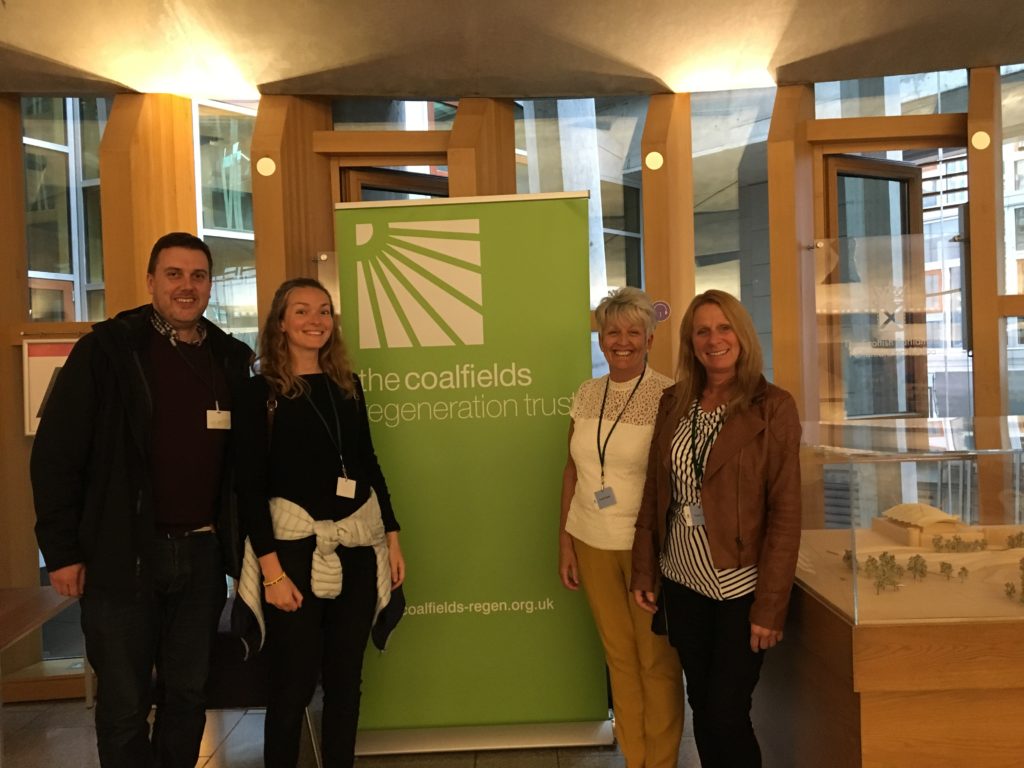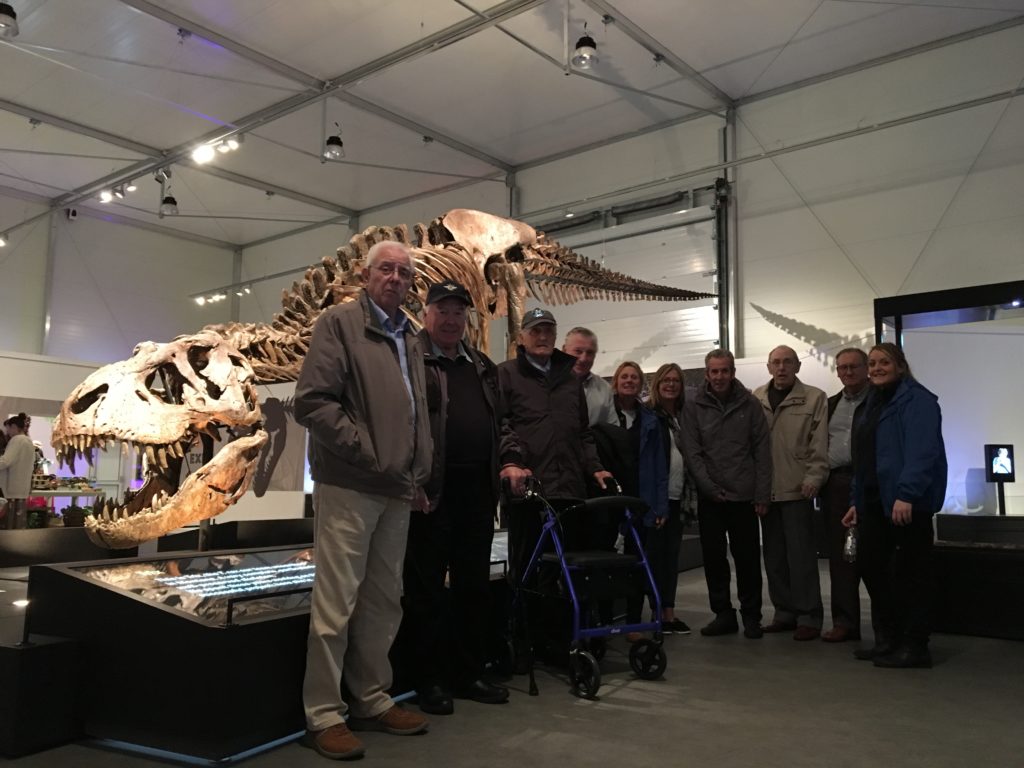
Through the determination of its community, the village of Glenboig has risen from the brick dust of its industrial history.
Over the last three years, Dr Neil Stott, Dr Michelle Fava, and students from the Cambridge Centre for Social Innovation has been researching Glenboig Neighbourhood Trust’s community action. Prior to the COVID-19 outbreak, the Trust spent 20 years providing care for their community such as: supporting families; combating isolation; poverty and the effects of de-industrialisation on their local residents is their day-to-day life. Starting from nothing, they now have a fully operational community centre.
Some 10 miles from the centre of Glasgow, this small, industrial Scottish village was home to the Glenboig Union Fireclay Company. From the late 1880s it was famous for its clayworks production, from bricks to pipework for the metal industries. At the height of the company’s heyday, more than half a million bricks were being made a week. However, by the mid-1980s, the brickworks company, nearby railway station and colliery had shutdown. Subsequently, the residents of Glenboig had to deal with high unemployment, and an increasing issue of drug and alcohol misuse.

Grassroots of success
Teresa Aitken and Teresa Keating are two of the village’s community champions; and, as directors of the Glenboig Neighbourhood Trust, they are the indomitable driving force behind the services and support developed and provided by the Trust.
The Trust started life as the Glenboig Neighbourhood House organisation in 2000 to fight the closure of the main public building left in Glenboig. Services such as individual visits, special groups, and whole-community activities were developed and implemented. This is a community that spends time together, and it is this factor which keeps the community spirit alive. But with the arrival of the COVID-19 crisis, the bread and butter of the Trust’s work has had to change to ensure everyone’s safety and well-being:
“We take care of all the elderly in our community as if they were our own mothers”
“A sense of belonging is really important”
“Sharing experiences is where we grow”
Community bonds vs social distancing
In this crisis, many organisations are reducing their activity to the essentials. But what do you do when all your work is essential?
One of the most vital activities the Trust does is reach out to vulnerable and isolated people, providing them with hot meals, groceries and friendship. Daily ‘wellbeing phone calls’ are food for the soul for many residents. Feeding the isolated also means visiting them at their homes, but the elderly are among those most at-risk. Added to this, is the simple fact that should any of the team were to fall ill, their ability to support the most vulnerable would be compromised.

We asked Teresa Aitken and Teresa Keating how they have been preparing, and, as ever, their response was pragmatic:
“The first task we carried out when we were faced with lockdown due to COVID-19 was to purchase four mobile phones and post a leaflet through every door in the five settlements giving everyone an emergency number that they could contact us on for assistance if they were self-isolating or requiring any help. We’re operating 6 days a week […]. We have also expanded the Senior Care Project to families, vulnerable, isolated and those who are self-isolating within the five settlements in Glenboig areas.”
- Telephone Wellbeing Calls per day to approximately 140 vulnerable and older people
- Carrying out shopping, prescription uplift, banking, utility bill payments, delivering fruit and vegetables and daily papers
- Offering a menu of healthy nutritional meals which are being delivered at lunch time and dinner time
- Dealing with referrals from NHS and NLC to offer daily telephone wellbeing calls and food parcels
- Environmental team maintaining older people’s gardens
- Our Youth team are operating two online clubs to support children and young people. They are also planning and putting out through social media art & craft projects for children and young people to take part in with recycle materials and materials from the environment that they can find when they are out walking with parents/carers.
Building bricks
As the pandemic continues, so to does the work to keep communities going. And, whilst millions of pounds are being raised for the UK’s NHS, many charities and community organisations are struggling to keep afloat. In the case of the Glenboig Neighbourhood Trust, it is still determined to give its community ‘the cradle to the grave’ services it has provided for the last twenty years; and, in order to do so, the Trust is raising funds for a new multi-purpose building, which will accommodate the needs of the Glenboig and the surrounding areas. The aim is for the building to house a post office, café, a local shop, a meeting place, soft play for the local children, and their Cycle Hub.
The Buy a Brick Appeal is encouraging people to donate money to the multi-purpose centre by buying a brick on which their name will be chiselled.
I feel that there is no better time to keep history alive than through this crisis, nothing will ever be the same again, this will be a memory etched in our lives forever.
Teresa Aitken
The Glenboig Neighbourhood Trust
This lecture was presented to our MSt in Social Innovation students in December 2019.


Leave a Reply